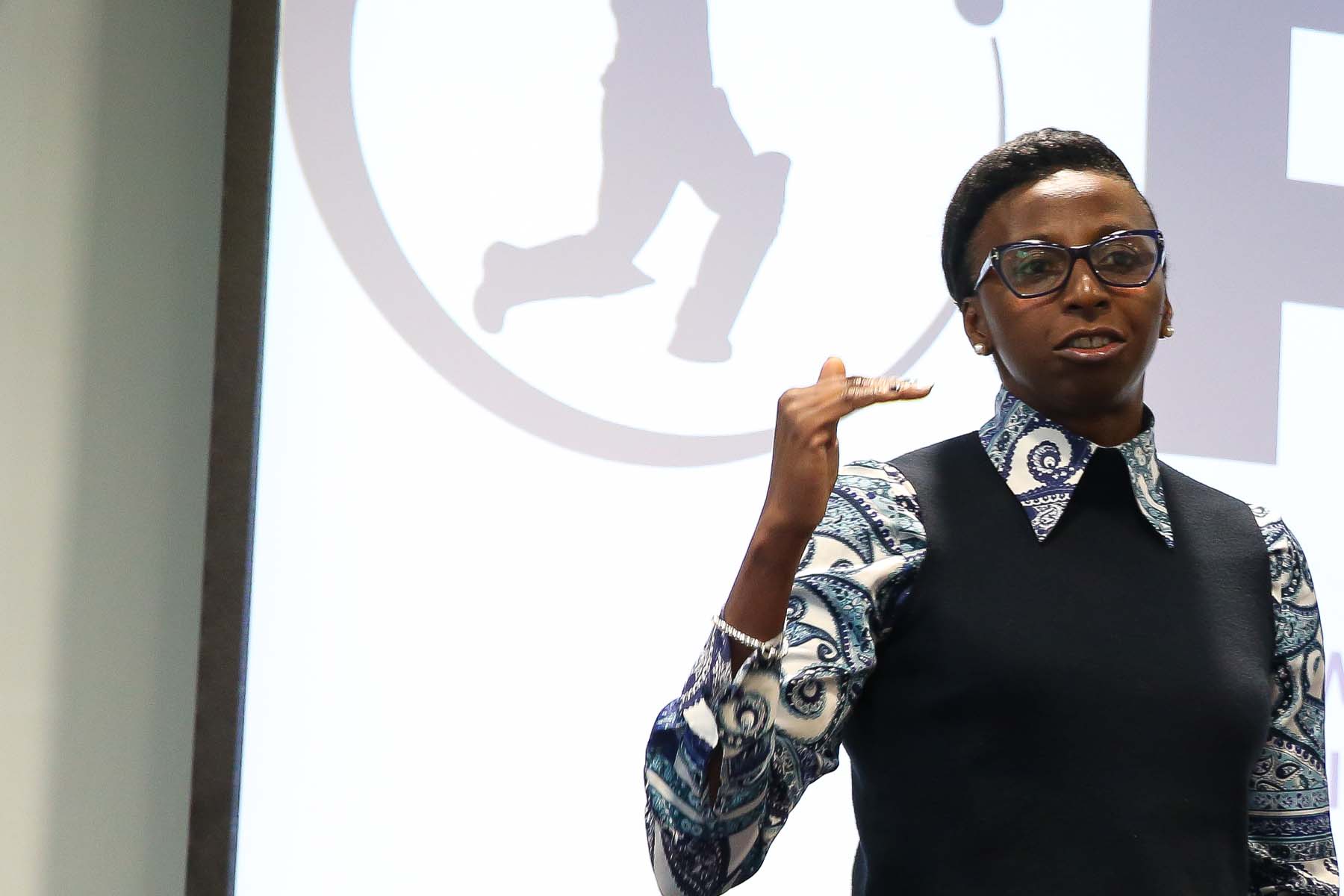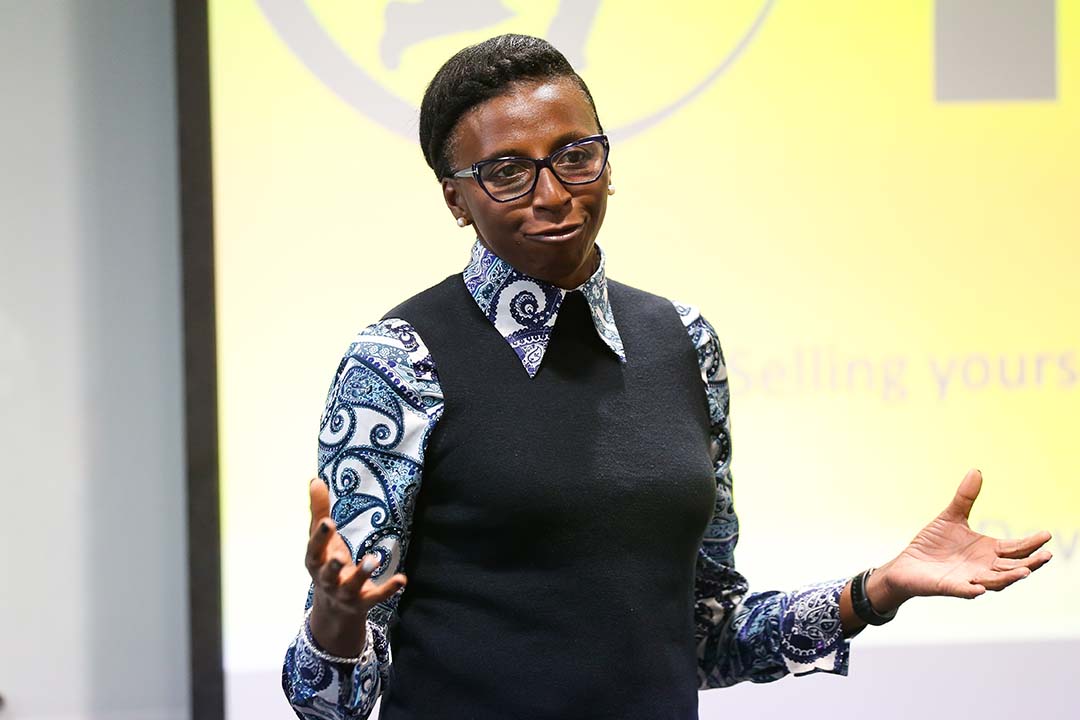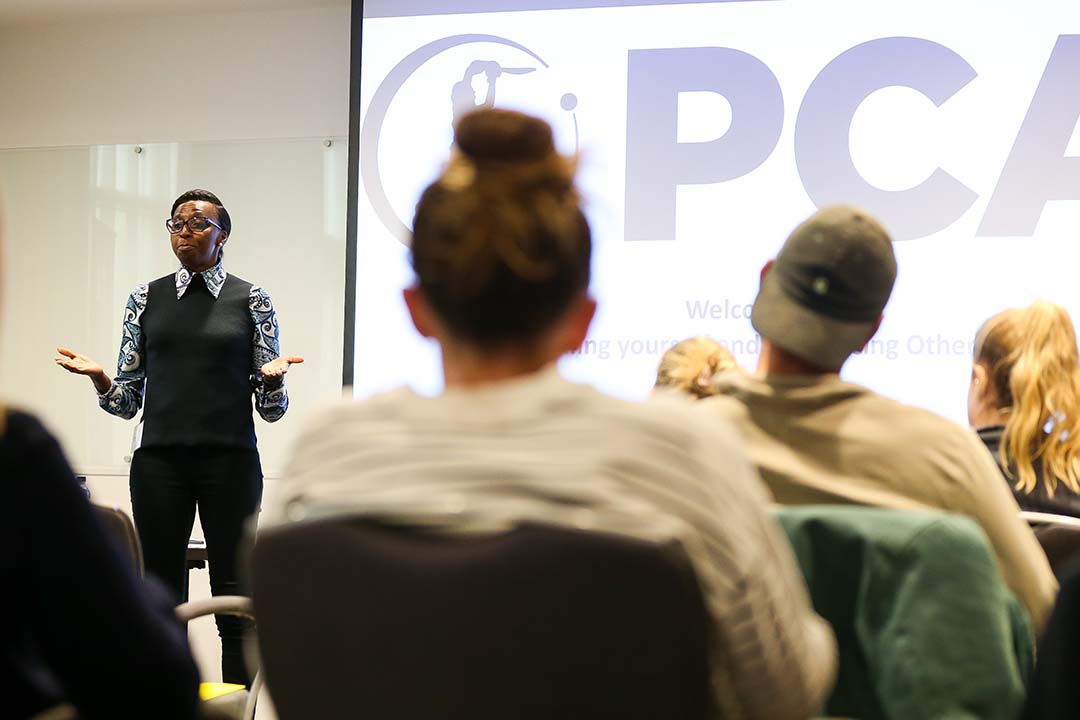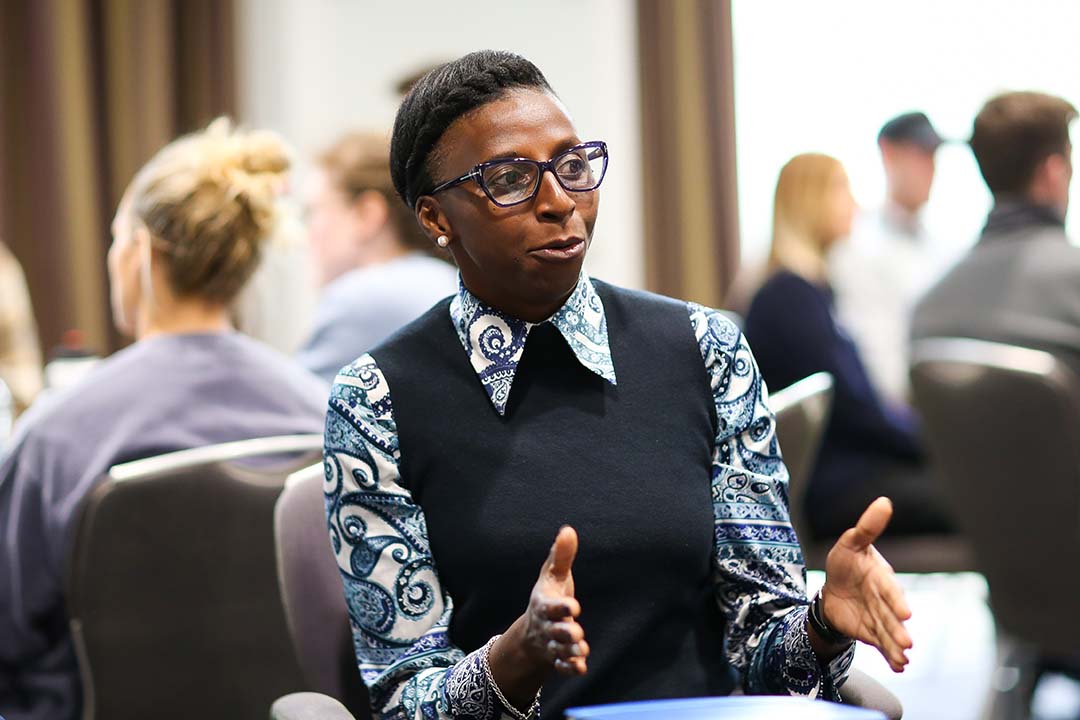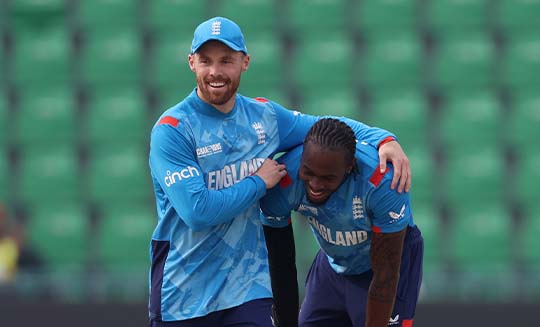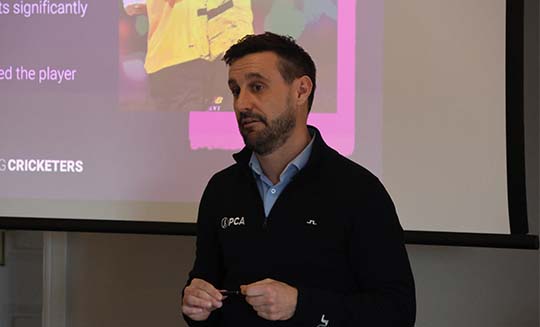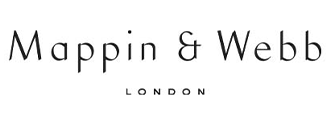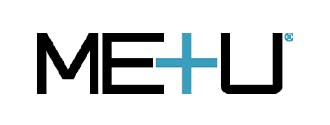PCA PRESS RELEASE
PCA Director of EDI discusses Breast Cancer Awareness and Black History Month.
To see more articles. Click here
PCA Director of Equality, Diversity and Inclusion, Donna Fraser, has penned a blog this October as part of two crucial topics to create awareness for Breast Cancer and Black History Month.
The four-time Olympian has discussed her story as a breast cancer survivor and the importance of being body aware, especially those individuals from ethnic minorities where evidence shows they are less likely to attend screenings.
As part of the month, a Breast Cancer Now specialist nurse spoke to PCA staff on the topic in a short webinar that will be shared with current players.
Fraser was writing for The Voice, with the player association working in partnership with the publication to bring readers news and views from professional cricketers from the British African-Caribbean community.
Donna Fraser’s blog
This year really has flown by and the UK EDI calendar is as busy as ever. Aside from my birthday month in November; October is a month that means more to me than any of the other months in the year. Reasons being is that it’s my mum’s birthday month and it’s Black History Month and Breast Cancer Awareness Month all of which are part of me.
Some would argue that Black History Month and other awareness days should be celebrated all year round – yes I agree, however as Black people it is up to us to celebrate our existence every day and then in October step it up a notch.
So why does Breast Cancer Awareness Month mean something to me? Well for those who do not know, I am a breast cancer survivor. I was diagnosed with breast cancer in 2009 while I was still a professional athlete, which to me at the time couldn’t possibly be. How can a healthy and fit person with no family history have breast cancer? Through my recovery I learned that breast cancer and any other cancer does not discriminate. This is why I became an ambassador for Breast Cancer Now to raise the awareness of the disease amongst my community.
“Breast cancer doesn’t only impact women, but men also. Around 400 men in the UK are diagnosed with breast cancer every year, so it is important to everyone!”
DONNA FRASER
You must be wondering how is Black History Month connected with Breast Cancer Awareness Month? Well I know that growing up, cancer wasn’t spoken about in my family. What I know now is that, if my parents knew people who had cancer, it was quietly spoken about and just labelled as ‘they’re sick’ and that was it and on occasions the next time we heard about them was receiving their funeral details.
Now I am involved with Breast Cancer Now I feel it my duty to help prevent breast cancer deaths within my community and nationwide by expressing the importance of going for screening appointments. The breast screening programme is a key tool in detecting the disease early and saving lives from breast cancer. As such, breaking down the barriers of fear among women by talking about breast screening, and encouraging them to attend breast screening appointments when invited, is key for me.
October was etched in the Professional Cricketers Association’s EDI calendar from the minute I started the role and we will be collaborating with Breast Cancer Now to deliver an online webinar to our staff which will be recorded and shared with our players, to raise the awareness. Being reminded that breast cancer doesn’t only impact women, but men also. Around 400 men in the UK are diagnosed with breast cancer every year, so it is important to everyone!
Around breast screening specifically, evidence suggests women from ethnic minority backgrounds are less likely to attend breast screening compared to white women in the UK. And lower breast screening uptake in ethnic minority women may be due to cultural and language barriers and a lack of tailored interventions for specific cultures.
- Provide convenient, flexible, and equitable access to screening.
- Make breast screening uptake a core focus of national, regional, and local health inequalities work
Rates of early diagnosis and survival in breast cancer vary significantly, driven in part by unequal uptake of screening. Women from some ethnic minority communities and those living in more deprived areas are the least likely to undergo routine screening, while also being at greater risk of late-stage diagnosis and poor outcomes.
I caught the cancer early, simply because being a professional athlete, it is important for us to be in tune with your body but you don’t have to be a professional athlete to know your body. Most of the time, when something doesn’t feel right in our body, it’s not right, so get it checked out. In the UK, breast cancer is less common in women from South Asian, Black, Chinese, mixed, and other communities, than in white women. But women from these groups face lower survival rates, later diagnosis, and different levels of care.
“I think about my breast cancer journey and hope that I can help spread the important message of being breast aware in my community.”
DONNA FRASER
It’s also important to be breast aware and know the signs and symptoms of breast cancer. For women in the UK, breast cancer is now the most common type of cancer. Cases have grown by almost a quarter in the last three decades. No matter what age or ethnicity you are, regularly checking for symptoms has never been more important and if you notice something new or unusual getting it checked out by a GP. Breast Cancer Now has handy guides that can be downloaded from their website.
Since sharing my story, I’ve had numerous conversations with women who either know someone going through breast cancer, or who is going through breast cancer or gone through it themselves or simply scared because they’ve found a lump and too frightened to explore further. I like to think by sharing my story I’ve inspired women to be breast aware and it is good to see that Breast Cancer Now has funded new research to help support black women with breast cancer.
Professor Robert Horne and Dr Zoe Moon at University College London, will be looking to understand the challenges faced by Black women during treatment and care, particularly their experience of hormone therapy.
Breast Cancer Now is funding a number of research projects to understand and address inequalities in breast cancer and provide a number of resources for ethnically diverse communities including the Ethnic Communities Hub which has a lot of stats, information and support.
For me, October is a month to reflect – with it being the 75th anniversary year of Windrush, I remember and thank my family members who have gone before me, those who have paved the way for me to make me who I am today.
I think about my breast cancer journey and hope that I can help spread the important message of being breast aware in my community.
Donna Fraser OBE
